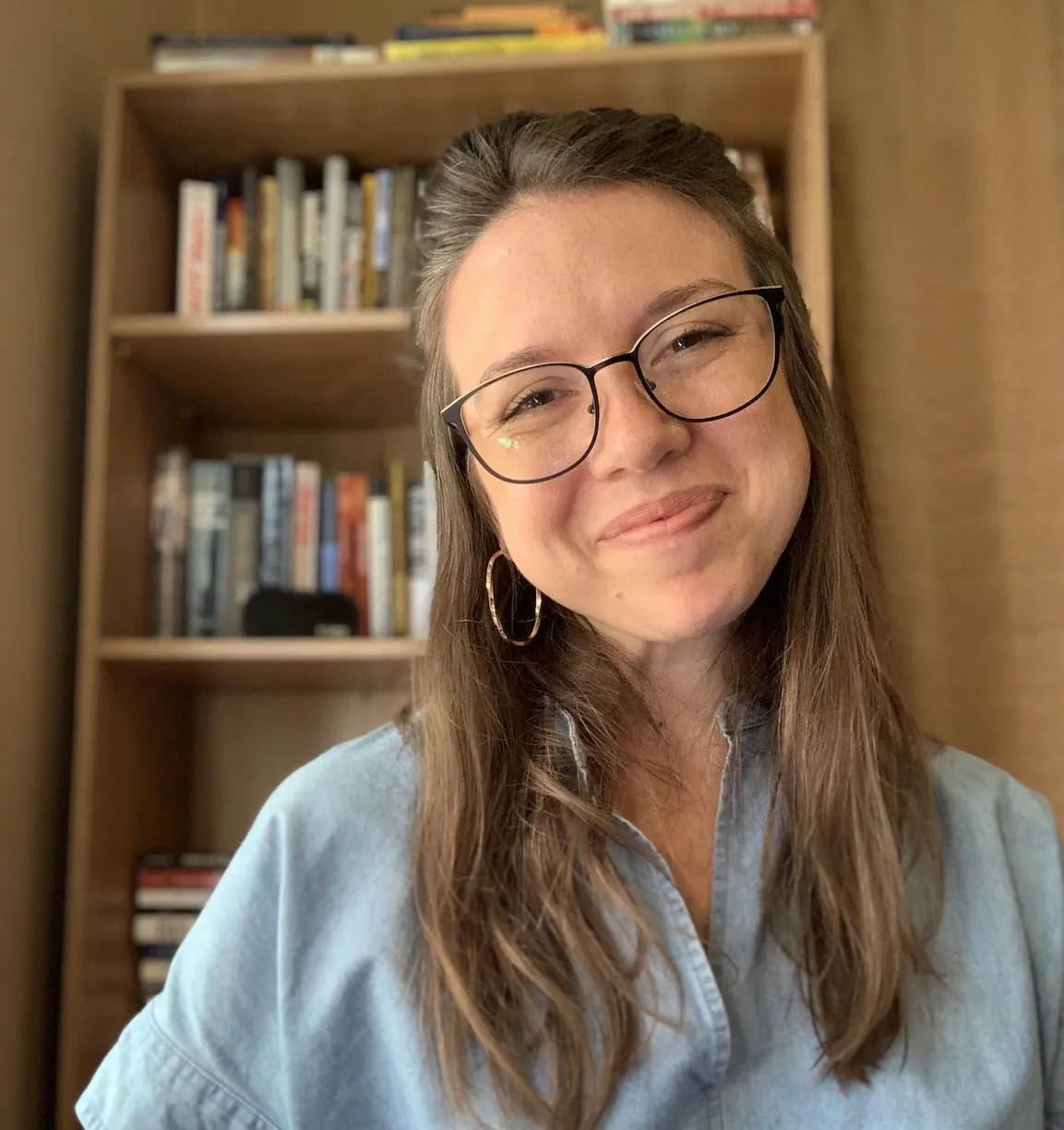
Gwen Prowse attributes her interest in Political Science to three formative experiences. As a kid growing up in Hillsborough, New Jersey, Prowse watched her mom struggle as a low-wage worker trying to access public and social services amid complex government bureaucracy. Years later, while getting her Bachelor’s in Urban Planning and Public Policy at Rutger’s, Prowse encountered similar class-informed struggles while a part of a grassroots multi-racial, multi-generational community advocacy group. Among everyday people demanding a better city, government, and society, Prowse learned the power of local politics. After graduating, Prowse joined Teach For America, relocating to Arkansas, where she experienced real culture shock—the Arkansas geographic, historical, and political context and ways of life were entirely new to Prowse and shaped her view of political impact.
More than these experiences, the relationships that Prowse built along the way pushed her to focus on public policy and the intersection of race, ethnicity, politics. Prowse is particularly interested in the unique human experiences that chronicle political subjugation, including how communities subjugated by race or class respond to social policy failure. This localized, bottom-up, humanist perspective is evident from her research and fieldwork. Prowse prefers an ethnographic and collaborative approach wherein she is an active participant in the very political events and processes that she is studying. While completing her Ph.D. in Political Science and African American Studies at Yale, Prowse lived and worked in Birmingham, Alabama among grassroots organizers and activists, participating in their political mobilization while documenting how they harnessed the power of localism to combat inequality. In Fall 2020, she (and her co-author Vesla Weaver) published the piece of which she is most proud: Racial Authoritarianism in U.S. Democracy. It examines the relationship between policing and democracy in the wake of Officer Derek Chauvin’s murder of George Floyd, discussing how police-citizen interactions shape political knowledge, discourse, and resistance.
Prowse is excited to bring her human-centered approach to Tulane. She particularly hopes to conduct oral histories about Louisiana and the Gulf South, a region she respects as essential to national politics and culture. She hopes to build a life in New Orleans with her partner—a native New Orleanian—and their dog, “the light of our life,” named Okra! Prowse was shocked, however, to discover that she could not even drive down her street because of an enormous pothole. Instead, she had to drive on the sidewalk! Could there be a better welcome to New Orleans?
The Political Science department encourages students to ask Prowse about the enormous pothole, her favorite vegan restaurant recommendations, and, of course, her classes within the department and her joint appointment, in the department of Africana Studies.

